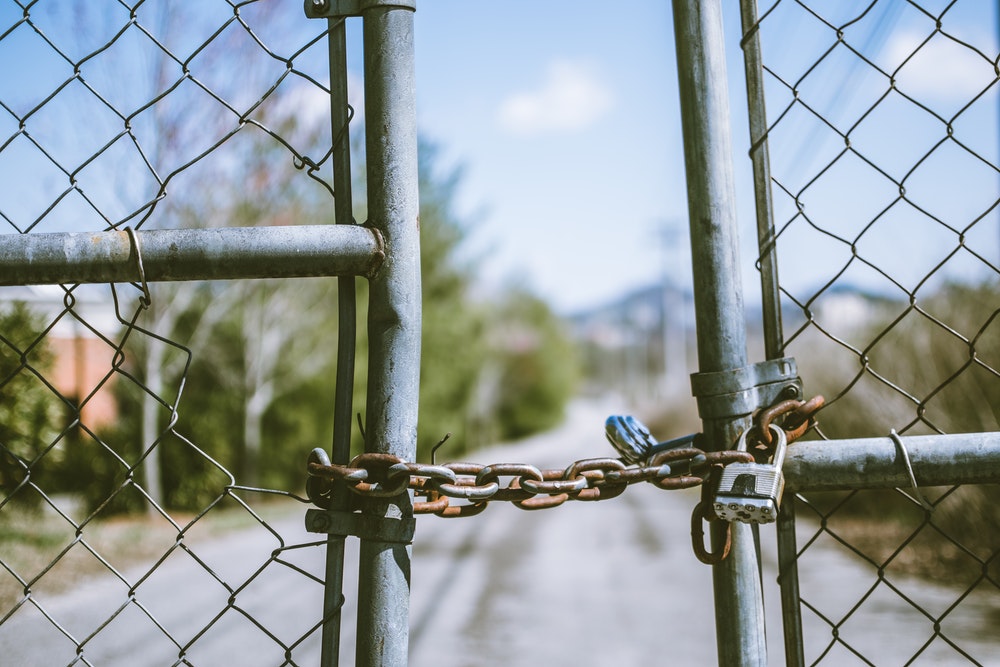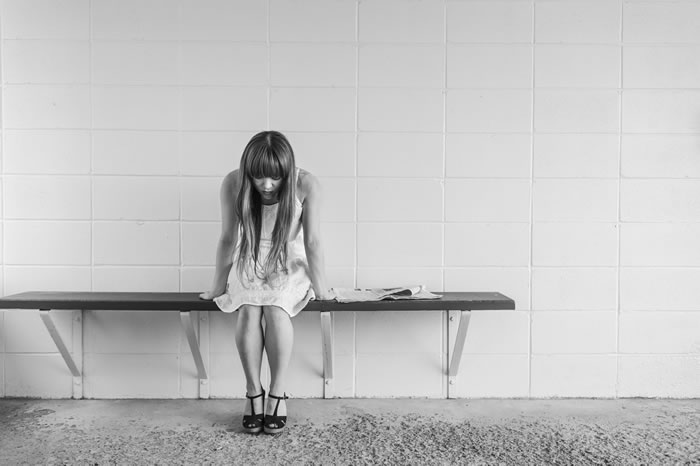 How many times as athletes or coaches – literally or figuratively – are we nervous before a “big game”?
How many times as athletes or coaches – literally or figuratively – are we nervous before a “big game”?
You’re the star player getting ready to play the big school rivalry game. Or, maybe you’re the head coach (leader) of a playoff game or your team has made it to the finals. Perhaps you want to impress a boyfriend or girlfriend cheering you on from the stands.
Maybe you just get nervous in front of big crowds.
We all handle these situations differently. Some of us get sick to our stomachs, or we cannot stop talking or fidgeting around. While others come across as cool and unfazed. These athletes seem to know the secret to remaining calm under pressure.
Be Anxious for Nothing, Stay Calm.
God not only tells us how to remain calm, in Philippians 4:6-7 He gives us a command – we are not to be anxious about anything. If we worry about what is about to happen, we are going against His direct command.
Worrying shows a lack of confidence in God’s sovereignty. If that were not enough, He tells us what to do when we do get a little nervous: pray and talk to Him. In the pressure of the big game, or in any life situation that makes us anxious, we need to pray to the Father who has everything under control.
So, What’s The Play Call?
What do you do when you are worried or anxious? Here are 3 practical things you can do when you are nervous:
- Remind yourself of the promises of God. In addition to what God reveals to you during your personal Bible study time, there are many resources available to find God’s promises regarding your specific situation. A quick Google on “what does God have to say about _______” may reveal just the right assurance to encourage your heart.
- Give God thanks before He answers. As we pray about what’s making us anxious, the Bible instructs us to do so “with thanksgiving” (Philippians 4:6). Place your heart in a posture of gratitude even before you feel the nervousness go away, or see the manifestation of your prayer.
- Place God as the Guard of your heart and mind. Even when we’re too nervous or anxious to calm ourselves down, God is up to the task (Philippians 4:7). Move out of God’s way and give Him the space to protect your heart and mind through Christ Jesus. It’s all about surrender, repentance, and trust.
Father, thank You for loving us even when we fail to fully trust your sovereignty. We want to be Your people who persevere. Give us the strength and courage to keep going when we’re nervous so that we will not deny You. Please teach me in my moments of worry and show me what needs to be adjusted so that I can be victorious in You. Amen.




